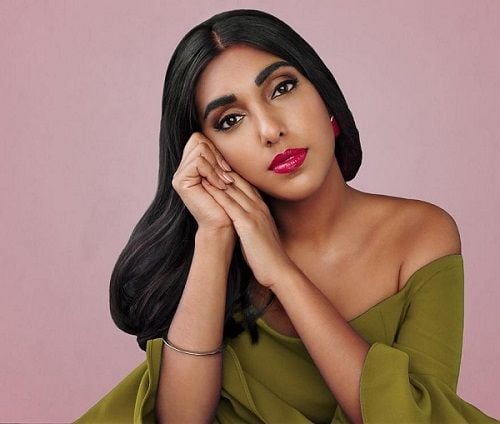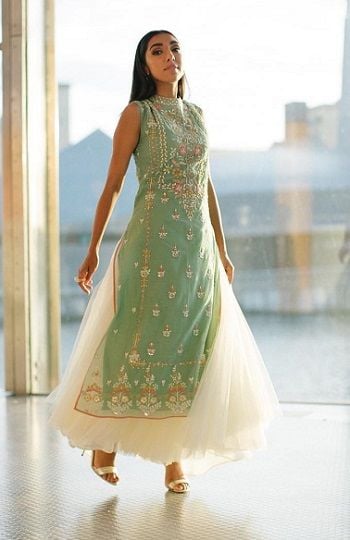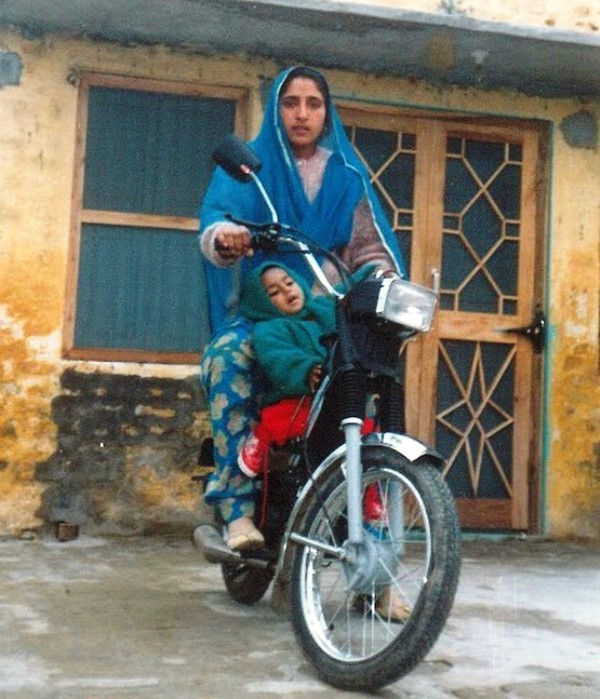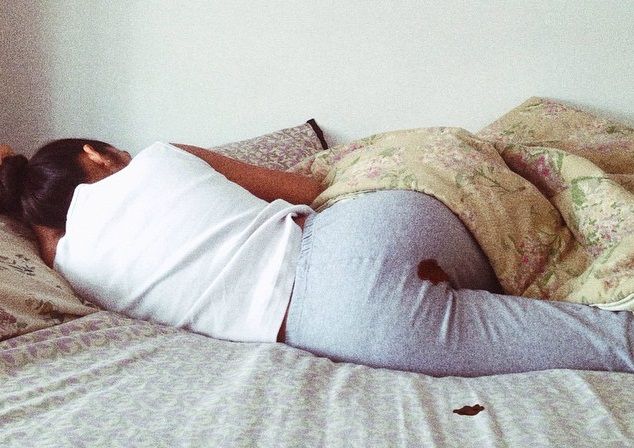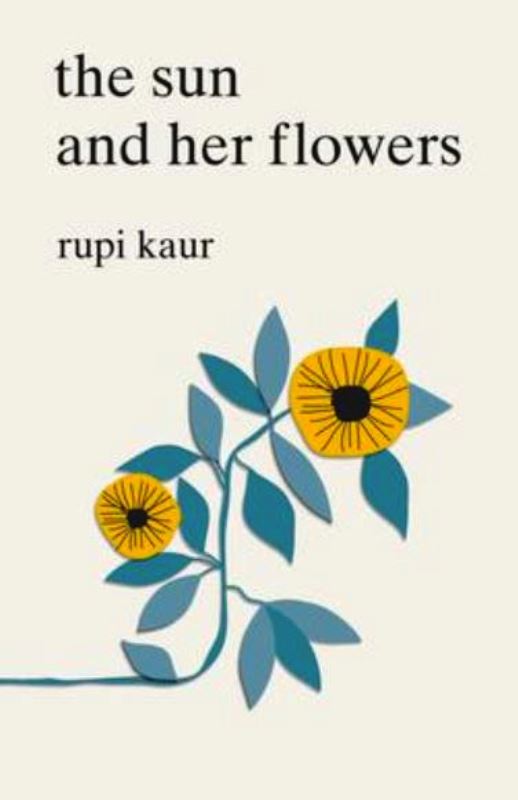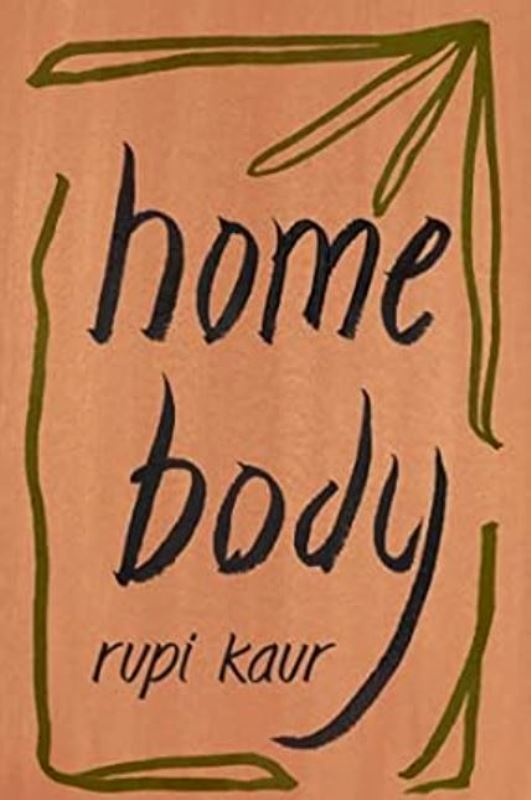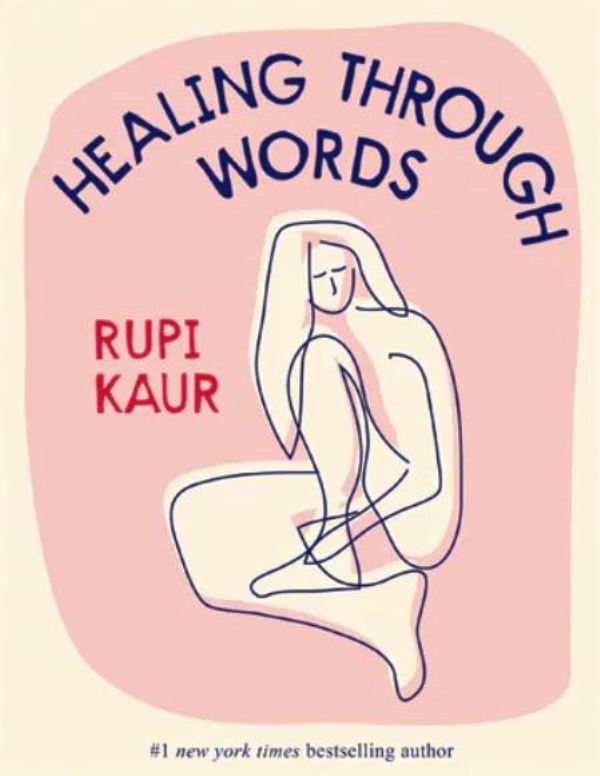Rupi Kaur Wiki, Age, Caste, Husband, Family, Biography & More
| Bio/Wiki | |
|---|---|
| Profession(s) | Poet, Author, Illustrator, Photographer |
| Physical Stats & More | |
| Height (approx.) | in centimeters- 163 cm in meters- 1.63 m in feet & inches- 5’ 4” |
| Eye Colour | Black |
| Hair Colour | Black |
| Career | |
| First Book | milk and honey (2014)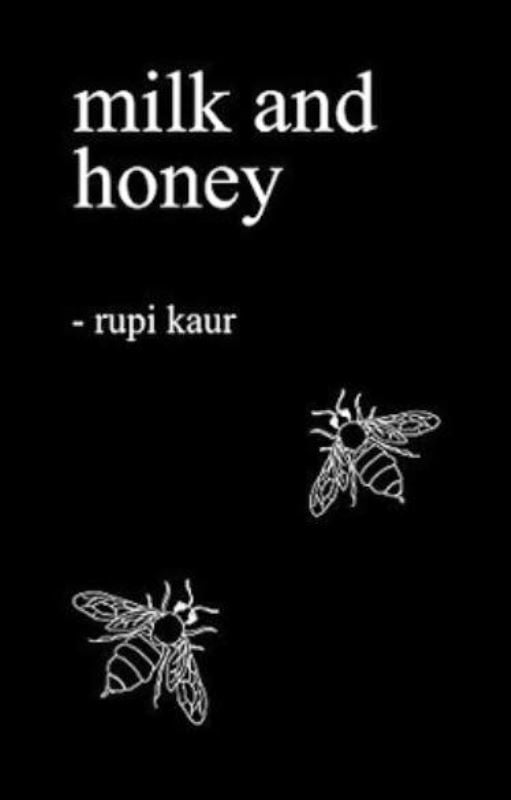 |
| Awards, Honours, Achievements | • In 2018, she was officially inducted into The City of Brampton’s Arts Walk of Fame at The Rose Brampton.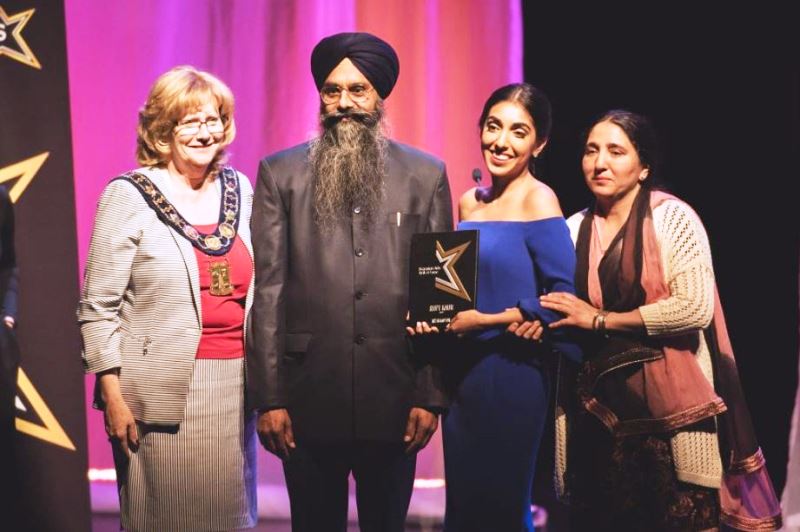 • She was included in the 30 Under 30 – Media (2018) list. • In 2020, she was named the writer of the decade by U.S. publication The New Republic. |
| Personal Life | |
| Date of Birth | 4 October 1992 (Sunday) |
| Age (as of 2024) | 32 Years |
| Birthplace | Munak Kalan, Hoshiarpur, Punjab |
| Zodiac sign | Libra |
| Signature | 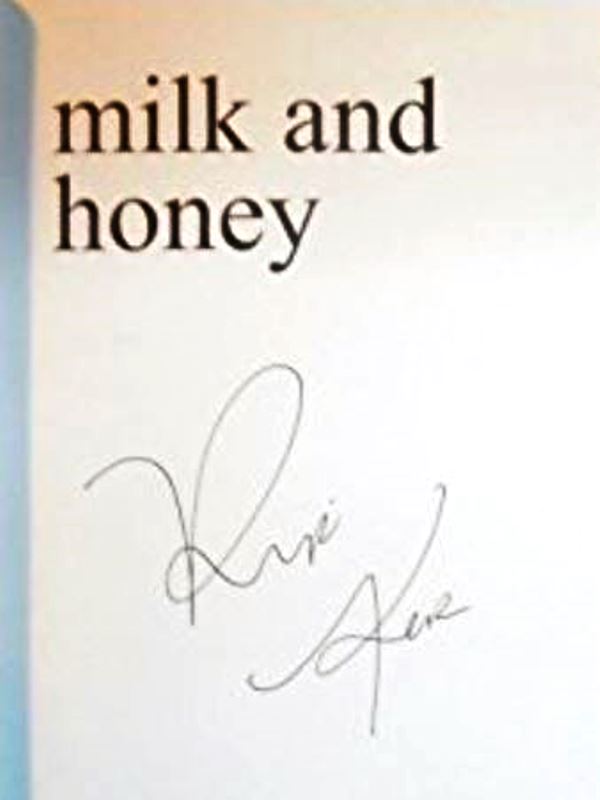 |
| Nationality | Indian |
| Hometown | Brampton, Canada |
| School | Turner Fenton Secondary School, Brampton, Canada |
| College/University | University of Waterloo, Waterloo, Canada |
| Educational Qualification | Bachelor of Arts [1]University of Waterloo |
| Religion | Sikhism [2]Kaur Life |
| Food Habit | Eggitarian [3]Vogue |
| Relationships & More | |
| Marital Status | Unmarried |
| Family | |
| Husband/Spouse | N/A |
| Children | Son- Daughter- |
| Parents | Father- Name Not Known (worked as a truck driver) Mother- Name Not Known  |
| Siblings | Brother- 1 • Saaheb Sister- 2 • Prabh Kaur • Name Not Known 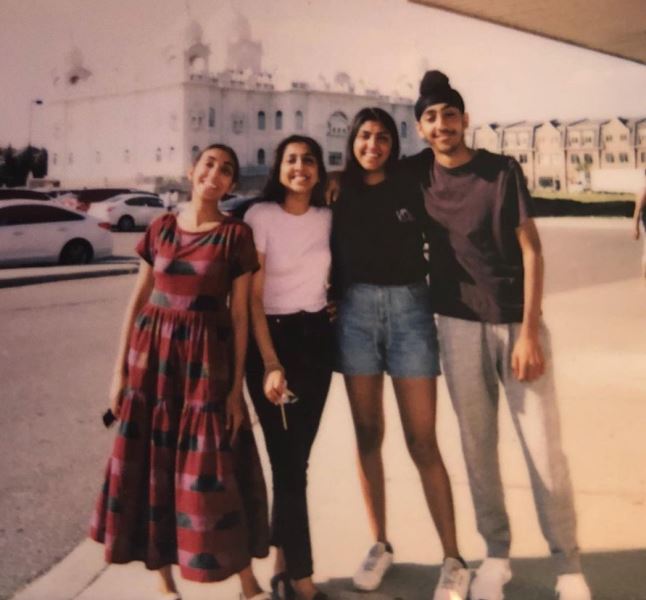 |
| Favourites | |
| Conceptual Artist | Marina Abramovic |
| Painter(s) | Amrita Sher-Gil, Frida Kahlo |
| Singer(s) | Adele, Beyonce |
| Writer(s)/Poet(s) | Bulleh Shah, Sharon Olds, Kahlil Gibran, Nizar Qabbani |
Some Lesser Known Facts About Rupi Kaur
- Rupi Kaur is a Canadian poet, author, illustrator, and photographer, who gained popularity after posting a series of photographs to Instagram depicting herself with menstrual blood stains on her clothing and bedsheets in 2015. A #1 New York Times bestselling author, Rupi Kaur is known for her poetry collections Milk and Honey (2014), The Sun and Her Flowers (2017), and Home Body (2020). She is also famous for her Instapoetry on which she confronts social taboos.
- Before Rupi Kaur was born, her father moved to Canada. He was an activist who had to leave India because Sikh men were facing violent hate crimes. She lived with her mother and her mother’s parents in her early childhood. Rupi didn’t get to meet her father until she and her mother moved to Canada when she was three years old.
- For a period, her family moved to different places in search of job opportunities before settling down in Toronto’s Brampton neighbourhood.
- Her childhood was challenging, and she struggled to speak English fluently until the age of 10. Her father, employed as a truck driver, earned only a few hundred dollars a month, which was insufficient to sustain their family of six. As a kid, she shared a one-bedroom basement apartment with her parents and three younger siblings, and they all slept in the same bed. She recalled her childhood in an interview and said,
We couldn’t afford toys growing up. My parents would take us to the thrift store, and we would buy books for a dollar each.”
- When she was a kid, she really liked reading. Some of her favourite books were by Robert Munsch, and she enjoyed Junie B. Jones series, the Harry Potter series, Ender’s Game, and The Chrysalids. She first got into poetry by reading the Sikh scriptures, which are written like poems. She used to sing and play the harmonium while performing kirtan (religious hymns). In an interview, she said,
Sikh scripture written in poetic verse is sung when a child is born, it is recited when someone gets married, or when they pass. And so poetry was a part of my everyday life. I learned early on that poetry is how we can explain big ideas in simple ways.”
- When Rupi was young, she didn’t get along well with her mother, who was very orthodox. When Rupi got her period in eighth grade, her mom’s first reaction was, “But you don’t even eat chocolate and ketchup! How did this happen to you?.” Her mom believed in superstitions about what could make periods start earlier. When Rupi was on her period, her mother would tell her not to go out or ride a bike. If Rupi didn’t listen, her mother would say things like ‘Your future mother-in-law won’t like you, and no one will want to marry you!.’ [4]Elle
- She developed activism and the zeal to fight against social injustice in childhood. During her childhood, she joined her activist father at various human rights protests on weekends. He also enrolled her in speech competitions.
- She inherited the art of illustration from her mother, who practised painting.
- Her parents wanted her to study science, but she dreamt of studying fashion. However, she ended up studying rhetoric and professional writing at university.
- Growing up, she had a medical condition called Endometriosis. It’s when tissue similar to the lining of the uterus grows outside the uterus, causing a lot of pain. She used to faint often, and ambulances would frequently come to pick her up at the university because cysts were breaking open.
- She started performing poetry in 2009, participating in poetry slams and open mics.
- Throughout her high school years, she anonymously shared her writings. She started sharing her work without a pseudonym on Tumblr around 2013. In 2014, she started posting her poetry on Instagram, along with simple illustrations made by her. Her first Instagram poem was about a wife dealing with her husband’s drinking problem. Soon, she gathered a following.
- She self-published her first poetry collection Milk and Honey through Amazon’s CreateSpace platform on 4 November 2014.
- She chose the stage name “Kaur” because it’s a common last name for all Sikh women. This name represents the removal of the caste system in India. She thought it would be empowering for young Sikh girls to see her last name in a bookstore.
- She came into the limelight in 2015 when she uploaded a series of photographs on her Instagram account in which she showed herself from behind with menstrual blood stains on her clothing and bedsheets. The pictures were a part of her university photography project, a visual rhetoric course. She challenged the societal menstrual taboos and the objectification of women with the pictures.
Instagram removed the image due to censorship. within 24 hours. Rupi criticised Instagram’s censorship as misogynistic and reposted the pictures on Facebook and Tumblr, furious complaining about censorship of women’s natural body processes. She wrote,
Their patriarchy is leaking.
Their misogyny is leaking.
We will not be censored.”The post went viral following which Instagram apologized to her and said that the photo was “accidentally removed.”
- This event brought more attention to Kaur’s poetry and made Milk and Honey (2014) popular. The publisher Andrews McMeel reprinted it, and it became widely successful. She also entered into a two-book agreement with the publishers Simon and Schuster. The book focuses on themes like survival, feminism, relationships, the immigrant experience, and overcoming sexual trauma. It sold two million copies in 25 languages and stayed on The New York Times Best Sellers list for more than a year (77 weeks). She shared her favourite lines from the book in an interview, which were,
you must have known you were wrong when your fingers were dipped inside me searching for honey that would not come for you”
At the age of 22, she started her own company and hired seven people to work with her.
- She once revealed that as a child, she would avoid her mom in the supermarket because she felt embarrassed by her accent. She didn’t want to be seen with her. This personal experience is echoed in her poem “Broken English,” where she criticizes herself and others who have ever felt ashamed of their immigrant mothers. Her poem reads,
So how dare you mock your mother
when she opens her mouth
and broken English spills out.
Her accent is thick like honey,
hold it with your life,
it’s the only thing she has left from home - Her second collection, “The Sun and Her Flowers,” was released by Andrews McMeel on 3 October 2017.
The book is structured into seven parts, mirroring the life stages of a flower, and explores themes such as love and loss, trauma and abuse, healing, femininity, and the body. Just a week after its launch, the book reached the second position on Amazon’s best-seller list. Within the first two weeks, it secured a spot in the top ten on The New York Times Best Sellers list. By 2020, the book sold more than a million copies and was translated into different languages.
- She has performed at the London Book Fair.
- In 2018, she earned almost $1 million from poetry sales. [5]The Guardian
- The same year, she took part in the Jaipur Literary Festival.
- In 2019, Penguin Classics asked Rupi Kaur to write an introduction for a new version of Kahlil Gibran’s The Prophet in anticipation of that book entering the public domain in the US.
- When COVID-19 happened, Kaur couldn’t write for a while, so she started doing workshops on Instagram.
- In 2020, she released her third collection of poems called Home Body. It was published by Andrews McMeel and included illustrations by Kaur. This collection became one of the best-selling books of 2020.
- In 2021, she created Rupi Kaur Live, the first-ever poetry show on Amazon Prime Video that she produced herself.
- On 27 September 2022, her fourth book, Healing Through Words, was published by Simon & Schuster.
- In 2023, she wrote an article called “History shows Punjab has always taken on tyrants. Modi is no different,” which got published in The Washington Post.
- The same year, Kaur penned and narrated an original poem for the short film “Rise,” made in collaboration with Hello Sunshine, Reese Witherspoon’s media company.
- Shortform, a platform which features detailed book summaries, states that Rupi Kaur’s poetry centers around the oppression and sexual abuse she faced as a child. Her poems also depict that was raped by her uncle during her childhood. Reportedly, Kaur began writing as a way to articulate her own trauma after leaving an abusive relationship. However, in an interview, she claimed that her books were not completely autobiographical. Explaining the same, she said,
The books are not 100 percent, like, autobiographical. There are — the emotions of it, yes, perhaps, but they’re also stories that my sisters or my cousins or my mom or my aunt experience every single day. And so I have had the ability and the privilege to go and write poems about their experiences.”
- Like the Gurmukhi script, Kaur writes her work entirely in lowercase, using only periods for punctuation to honour her Punjabi roots.
- The English singer and songwriter Sam Smith has a tattoo featuring one of Rupi’s illustrations from her book “The Sun and Her Flowers” (2017). It depicts a human heart with flowers growing out of it.
- She has also been subject to parody and faced accusations of plagiarism by fellow poets Warsan Shire and Nayyirah Waheed. Many argued that Kaur’s poems had similarities with Waheed’s work, including the absence of punctuation and the use of honey as a metaphor.
- In 2023, Rupi made headlines for declining an invitation to a Diwali celebration at the White House in the United States. She opted out of participating in the event, hosted by Vice President Kamala Harris, citing her disagreement with the Biden administration’s ongoing support for Israel and its attacks on Gaza. While talking about the same in her Twitter post, she wrote,
I decline any invitation from an institution that supports the collective punishment of a trapped civilian population—50% of whom are children.”
References/Sources:

